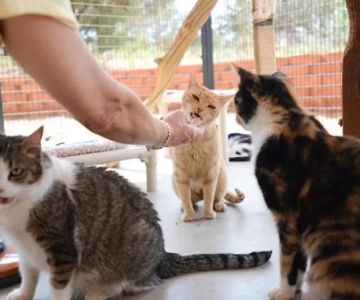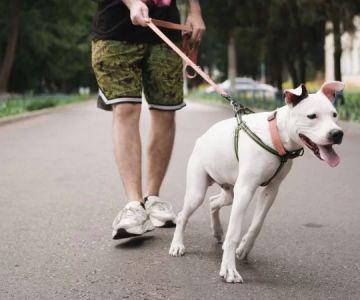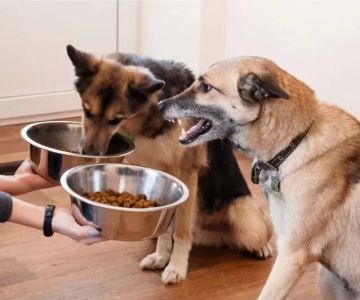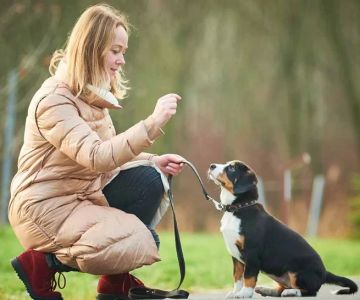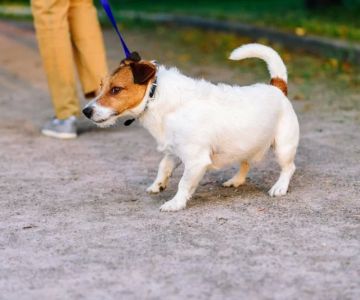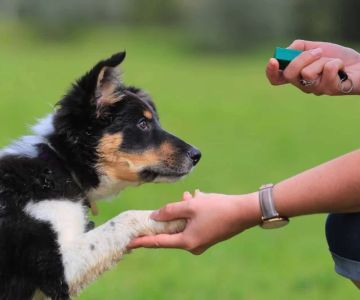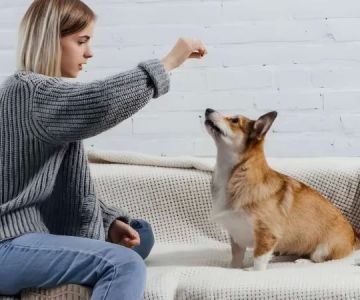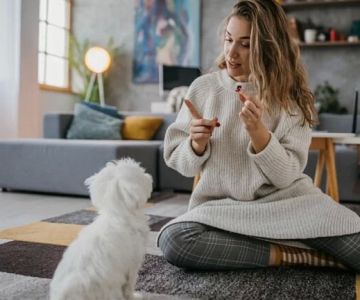Socialization Tips for Puppies: Essential Steps for Raising a Well-Behaved Dog
Bringing a new puppy into your home is an exciting and rewarding experience, but it also comes with its challenges. One of the most important aspects of raising a puppy is socialization. Proper socialization helps your puppy grow into a well-adjusted, confident, and friendly dog, and it sets the foundation for a happy life together. In this article, I will walk you through essential socialization tips for puppies, ensuring that your furry friend grows up to be comfortable with both people and other animals.
1. Why Socialization is Important for Puppies
Socialization refers to the process of exposing your puppy to various environments, people, animals, and experiences in a positive and controlled manner. Early socialization is crucial because it helps prevent behavioral problems like fear, anxiety, and aggression later in life. Without proper socialization, puppies can develop fearful tendencies or exhibit aggressive behavior when faced with unfamiliar situations. By introducing your puppy to the world in a safe, gradual way, you're laying the groundwork for a well-rounded and emotionally healthy dog.
1.1 The Critical Window for Socialization
It’s important to know that puppies go through a critical socialization period during their early weeks. The optimal time for socializing a puppy is between 3 to 14 weeks of age. During this window, puppies are more open to new experiences and are less likely to form lasting fears or anxieties. This is why it’s essential to start socialization as early as possible, even if it's just small, manageable interactions with new people or environments.
1.2 The Long-Term Benefits of Socializing Your Puppy
Proper socialization leads to long-term benefits that last a lifetime. Well-socialized dogs are generally more confident, friendly, and adaptable. They are also easier to train and handle because they are used to different situations, sounds, and environments. A puppy that has been well-socialized is less likely to be fearful of things like the vacuum cleaner, loud noises, or unfamiliar guests, which makes life much easier for both the dog and the owner.
2. Tips for Socializing Your Puppy
Now that we understand the importance of socialization, let's dive into some practical tips for socializing your puppy. Socialization isn’t just about taking your puppy to the dog park or meeting new people. It involves a variety of experiences and exposures that help your puppy become comfortable and confident in various situations.
2.1 Introduce Your Puppy to Different People
One of the first steps in socializing your puppy is exposing them to a variety of people. Puppies should meet people of all ages, genders, and ethnicities. Try to introduce your puppy to children, elderly people, and individuals with different appearances, such as people with hats or glasses. The more diverse the people your puppy meets, the better they will be at accepting new individuals as they grow. Always ensure that interactions are positive, gentle, and controlled to prevent any fear-based reactions.
2.2 Exposure to Other Animals
While meeting new people is important, socialization with other animals is equally crucial. If possible, arrange for your puppy to meet other well-behaved dogs in a controlled environment. Puppy playgroups, dog training classes, and visits to dog-friendly parks can provide great opportunities for your puppy to interact with other dogs. These interactions help your puppy develop social skills and prevent aggression towards other animals as they grow older.
2.3 Gradual Exposure to New Environments
Another essential part of socialization is exposing your puppy to a variety of environments. Take your puppy on walks through different neighborhoods, visit parks, or bring them to pet-friendly stores. The more varied the environments your puppy encounters, the more adaptable they will become. Introduce them to different surfaces, such as grass, concrete, gravel, and wood, so they become comfortable walking in all types of environments. Don’t forget to expose them to different sounds, such as car engines, sirens, and children playing, to ensure they don’t develop fear of everyday noises.
2.4 Positive Reinforcement
Throughout the socialization process, positive reinforcement is key. Always reward your puppy with treats, praise, or toys when they respond well to a new experience or situation. Positive reinforcement helps your puppy associate new encounters with good things, which makes them more likely to be excited and confident in the future. For example, if your puppy meets a new dog and remains calm, reward them with praise or a treat. This reinforces the behavior and helps them learn that calm behavior leads to rewards.
3. Common Socialization Mistakes to Avoid
While socialization is important, there are some common mistakes that can hinder the process. Let’s go over a few things to avoid as you work on socializing your puppy.
3.1 Overwhelming Your Puppy
It’s essential to introduce your puppy to new experiences gradually. Overwhelming them with too many new situations, people, or animals at once can cause stress and fear, leading to negative associations with the experience. Always ensure that each exposure is brief and positive, and gradually increase the intensity as your puppy becomes more confident.
3.2 Forcing Interactions
Never force your puppy to interact with someone or something they’re uncomfortable with. If your puppy shows signs of fear or anxiety, give them some space and allow them to approach the situation at their own pace. Forcing an interaction can lead to fear-based behaviors and could damage the trust you’re building with your puppy.
4. Socialization for Rescue Puppies
If you’ve adopted a puppy from a shelter or rescue, their socialization process might be different. Rescue puppies may have missed out on early socialization experiences or could have had negative encounters with people or other animals. In these cases, the socialization process might take longer and require more patience. The key is to start slowly and carefully, ensuring that every experience is positive. Consider working with a professional dog trainer who has experience with rescue animals to help guide you through the process.
5. Products to Support Your Puppy’s Socialization Journey
Along with socialization, there are a variety of products that can help your puppy feel more comfortable in different situations. Calming sprays, chew toys, and interactive toys can all play a role in easing your puppy’s anxiety during socialization. At Hidden Brook Veterinary, we offer a range of products designed to support your puppy’s development and make their socialization process smoother and more effective. Check out our selection of calming aids and toys to help your puppy thrive as they navigate the world around them.



